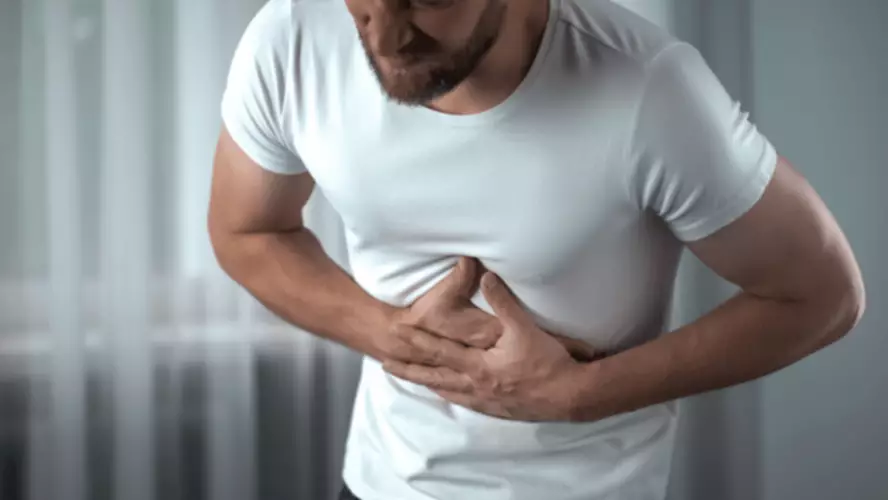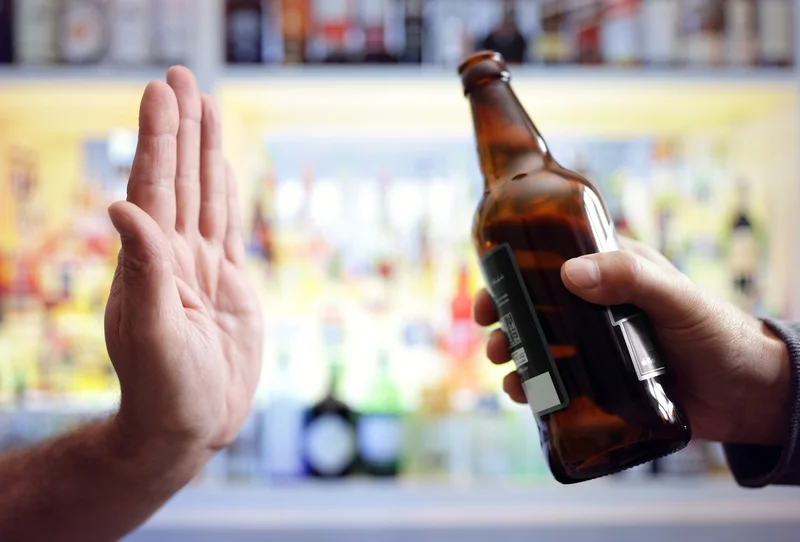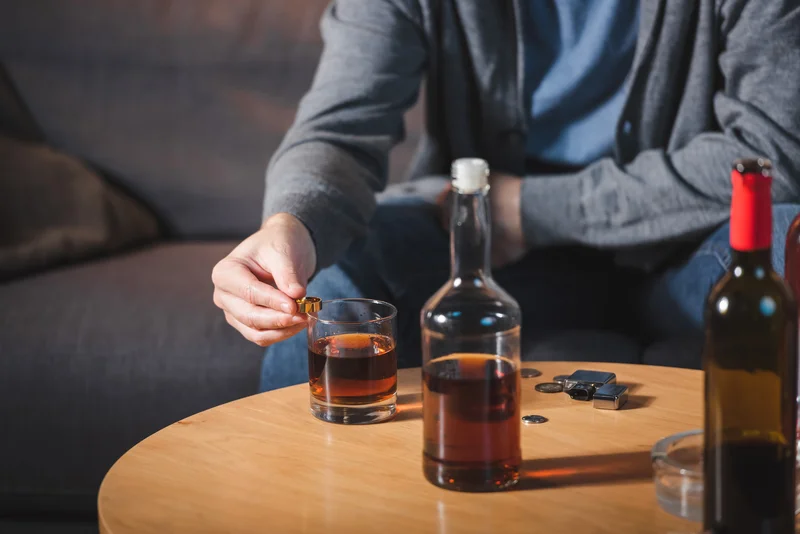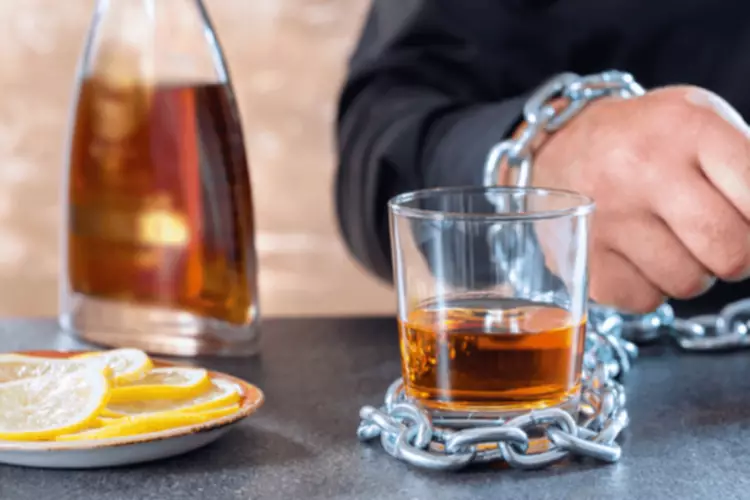
People who take insulin, in particular, therefore need to be wary of hypoglycemia. Sometimes, people with type 2 diabetes shouldn’t consume alcoholic drinks, including when experiencing certain signs or symptoms and when taking certain medicines. Ask your doctor if you’re unsure whether it’s safe for you to drink.
- People can often feel disoriented and become confused or forgetful.
- A study published in 2020 used data from the Action to Control Cardiovascular Risk in Diabetes (ACCORD) trial.
- That sort of double impact can cause blood sugar levels to drop to dangerously low levels, a condition known as hypoglycemia.
- This will help reduce the risk that your blood sugar will drop too low.
Problems Tracking Carbohydrates

All alcohol contains about 7 calories per gram, which is more than carbohydrates (4 calories per gram) and only slightly less than fat (9 calories per gram). Glucagon kits, widely used to treat hypoglycemia in type 1 diabetes, do not work as well if someone has alcohol in their system. Alcohol is absorbed directly into the bloodstream from the stomach or the small intestine, carried through the body, and delivered to the liver. “Being honest about your health habits, including food habits and physical activity, can help your doctor offer the best guidance for your health,” Massey said.
Drinking with diabetes: What to keep in mind

There are several reasons why alcohol may pose risks to people with type 2 diabetes. The effects of alcohol can be unpredictable, and some individuals will experience them differently than others. Moderate alcohol consumption does not raise the risk of type 2 diabetes; however, heavy consumption might. “You need to know if your medications or any diabetes-related conditions you have could be seriously affected by alcohol consumption,” emphasizes Harris. The most important thing to know is that alcohol consumption can cause a significant blood sugar drop (hypoglycemia).
We and our partners process data to provide:

This is because the liver is where excess glucose is stored in a form called glycogen. Consuming a lot of sodium may increase your chances of having high blood pressure. High blood pressure raises your risk of heart attacks and strokes, according to the American Diabetes Association. Drinking alcohol gets you drunk at the same speed whether you are a diabetic person or not. The only difference which occurs between them is that the reactions of diabetic people are more adverse and severe than non-diabetics ones. Diabetes and alcohol consumption is never something to take lightly.
- It provides energy by signaling your liver to release stored sugar.
- It has been told earlier that alcohol can directly react to disturb the overall blood sugar level.
- Both of the diseases are dangerous, and emergency knocks at the door when such a condition arrives.
- Your doctor is your best resource for helping you create a plan to drink as safely as possible.
- If yours is low, follow your physician’s recommendations, such as consuming some carbs to counteract the drop.
Type 2 diabetes is the most common type of diabetes, accounting for 90 to 95 percent of cases of diabetes within the United States. Unlike type 1 diabetes, which is unpredictable and most often develops very early in life, type 2 diabetes can develop through a mix of personal and lifestyle factors. Both types are characterized by an inability to produce or regulate insulin in the body. Take the first step toward addiction treatment by contacting us today. The symptoms of drunkenness can be very similar to a hypo, which can lead to very dangerous confusion. Some sources (including Diabetes UK ) advise strict carbohydrate management, perhaps even chips or pizza, if a large amount of alcohol has been consumed.
- This could be three or four glucose tablets, 4 ounces of juice (a small juice box), or five pieces of hard candy (and not chocolate).
- They should also keep a closer watch on their blood sugar so they can quickly react if levels fall too low.
- If you’re already living with any of these conditions, alcohol may make them worse.
- This happens because the liver stores carbohydrates and releases them into the blood between meals and overnight to stabilizes blood sugar.
- Consuming non-nutritive sweeteners like aspartame or sucralose may contribute to the development or worsening of T2D.
It has been told earlier that alcohol can directly react to disturb the overall blood sugar level. Your blood sugar level will increase or decrease; it is all dependent upon the type of diabetes you have. Type 1 Diabetes will simultaneously drop the level of blood sugar, whereas Type 2 Diabetes will raise the level of blood sugar.
When it is busy doing this, it does not release stored carbohydrates to maintain blood sugar, meaning that blood sugar levels can drop to dangerous levels. Keep reading to learn more about how alcohol affects people with diabetes, including types of alcohol and how alcohol may cause hypoglycemia, or low blood sugar levels. It is particularly important to be mindful of low blood glucose. Hypoglycemia is a frequent and substantial problem after alcohol consumption, in people with both type 1 and type 2 diabetes. The hazards are greater for people who take medications that are known to cause hypoglycemia, especially insulin and sulfonylureas.
This alcohol-induced hypoglycemia may have a delayed effect, hitting you after you’ve stopped drinking, possibly after you’ve fallen asleep, alcohol rehab or even during the next day. Drinking is individualized and there’s no universal rule for how to do it safely when you live with diabetes. Talk to your doctor about your drinking habits and they can provide you with tips and tricks for how drink in a way that works for you. It may sound harsh, but it’s advice that any healthcare provider is likely to give. Drinking alcohol in moderation has also been linked to a number of other health benefits, such as increasing the amount of good cholesterol (HDL) in the blood.

And with the vast selection of energy drinks that come in so many flavors and colors, you have plenty of choices. But if you live with type 2 diabetes (T2D), energy drinks may not be your healthiest diabetes and alcohol blackouts option. Programs typically last 30 to 90 days but may last longer depending on the progress and needs of each patient.
Talk with your doctor before drinking alcohol to make sure alcohol won’t reduce the effectiveness of your medication. It’s also best to have a meal or snack that includes carbohydrates when you are drinking alcohol. This will help reduce the risk that your blood sugar will drop too low.